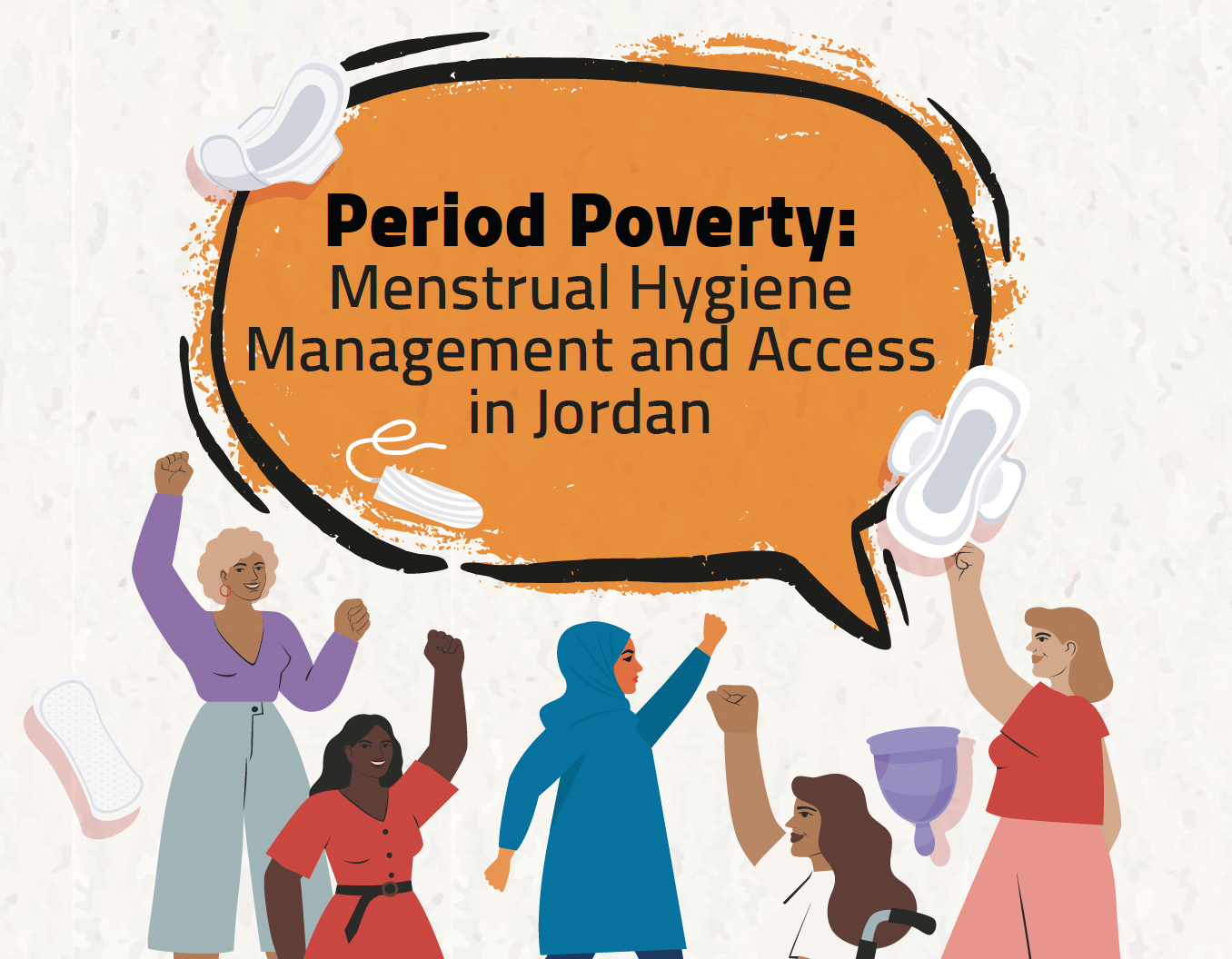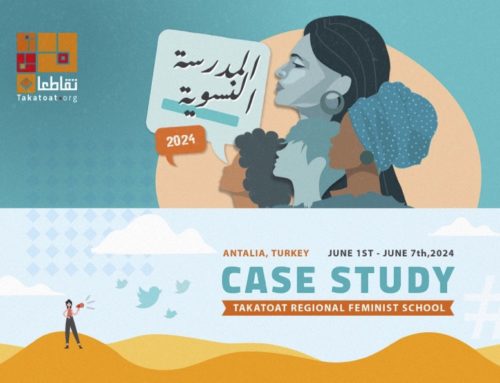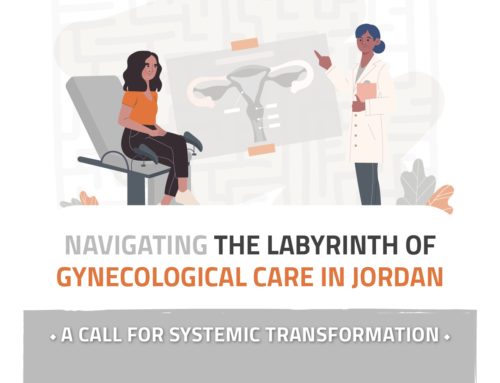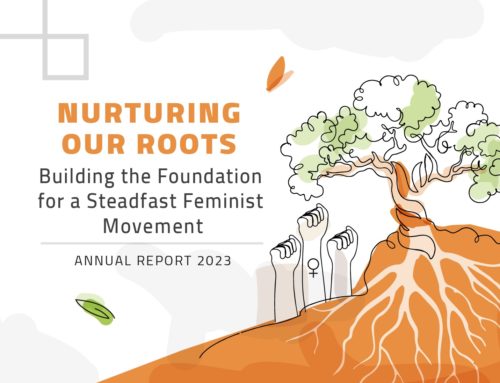This policy paper was produced by Takatoat and UNFPA Jordan. It was designed and led by colleagues from Takatoat, including Rana Zghinni (Design Consultant), Banan AbuZainEddin (Executive Director), Reem Khashman (Researcher), Laila Mouhanna (Data Analyst) Aya al Taher and Rahaf Hindi (Data Collectors) and Ghaida Saket (Proofreading);
in addition to UNFPA Jordan’s staff:
Yara Deir and Giada Cicognola (GBV Programme Analysts), and Rascha Albaba (GBV Campaigning and Advocacy Assistant)
Although all females around the world experience the menstrual cycle, it remains a unique experience lived by each female who is affected by health, environmental, economic, social, cultural, and political factors. Menstruation has been listed as part of the Sexual and Reproductive Health (SRH) of women and girls in many countries, especially in the global south. Women and girls are often stigmatized at the time of menstruation, and it is commonly considered a taboo topic. This deprives these women and girls of access to adequate and quality health services, accurate scientific information, and suitable health products during the cycle. These elements form what can be described as “Period Poverty”. The objective of the policy paper is to shed light on the situation in Jordan regarding Menstrual Hygiene Management, the ability of women and girls in Jordan to access services and information on menstruation, and the impact of the legislative, economic and social gaps in accessing health products related to the menstrual cycle. The paper was built based on the consultation with 171 participants including women and girls, experts on gender and sexual and reproductive health matters, as well as several national and international key stakeholders.
Download the Report (File type: PDF/ File size: 3 MB)
Browse Report in Flipbook style via ISSUU
Read the Report






Leave A Comment